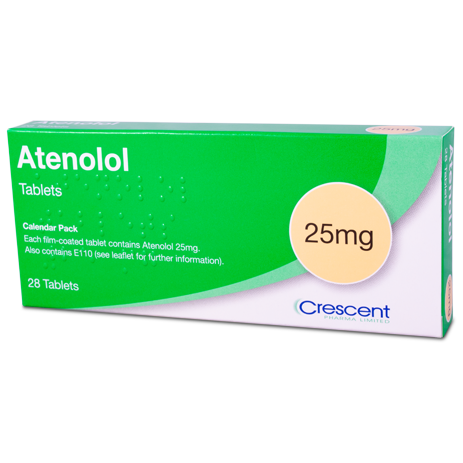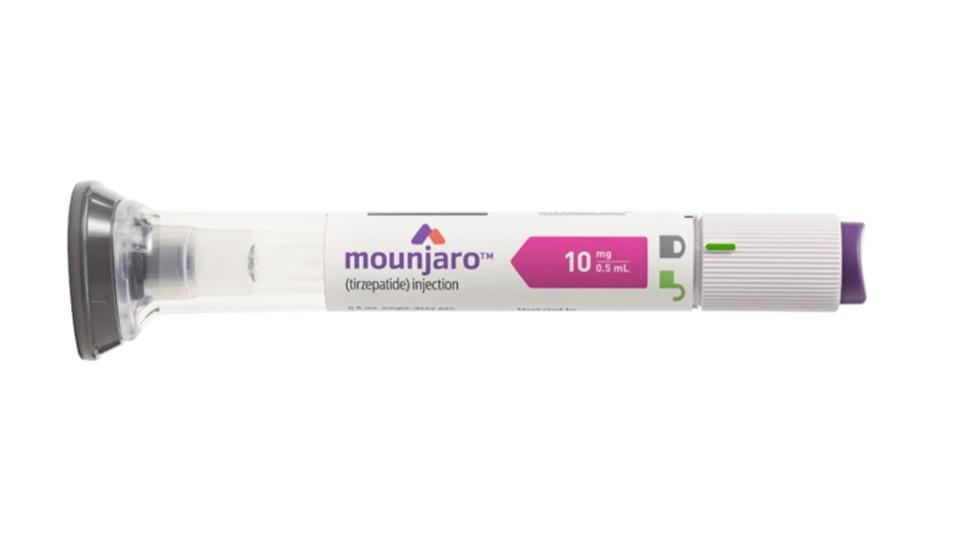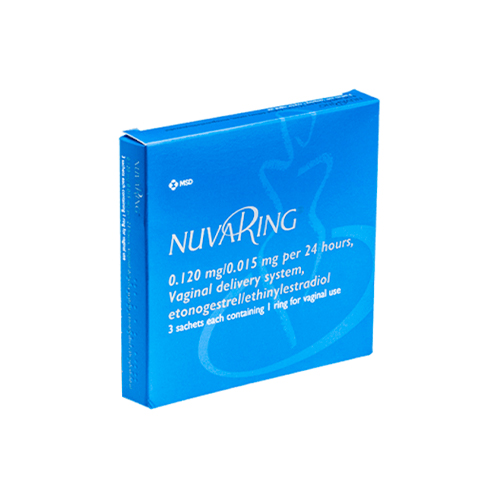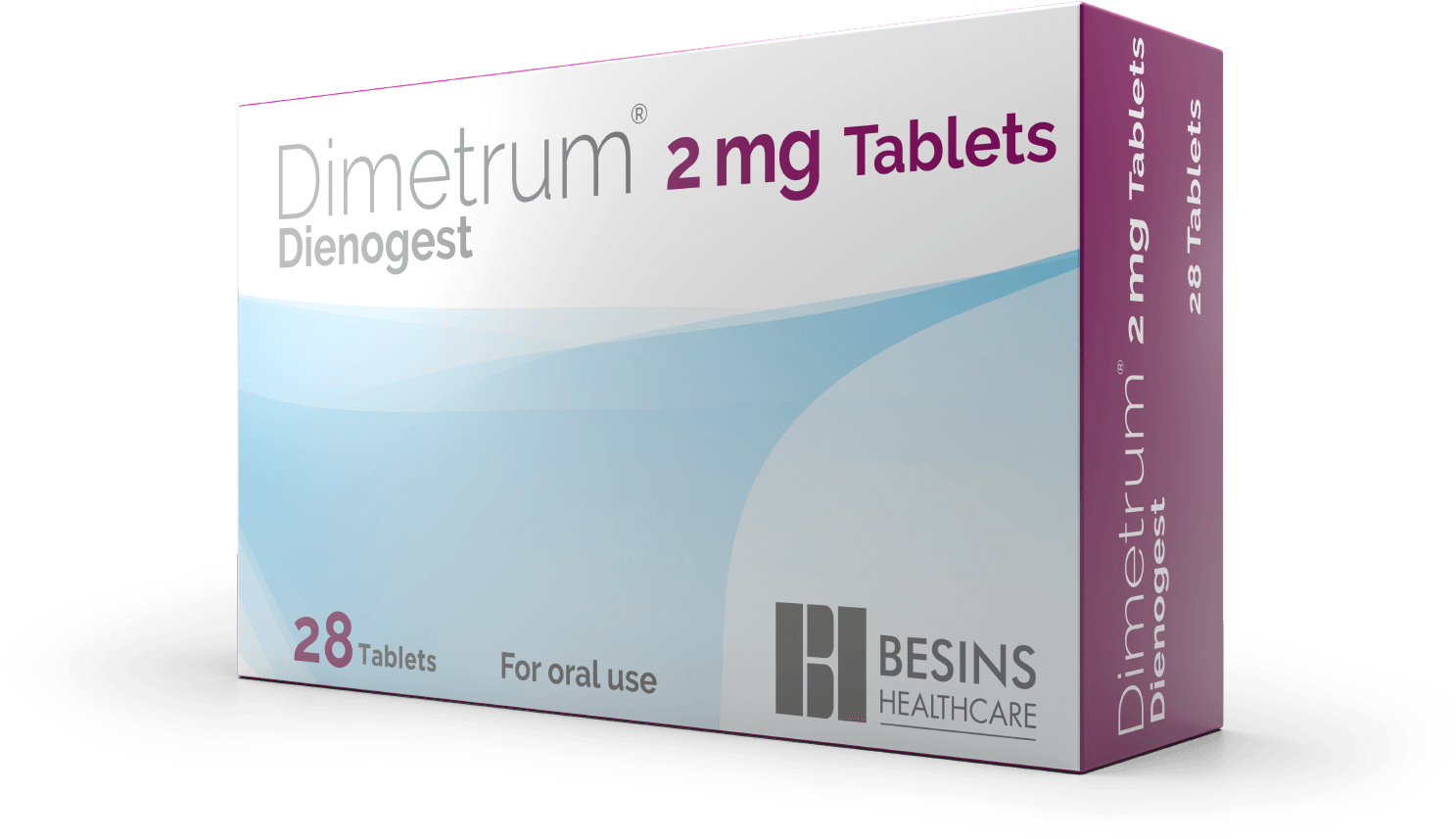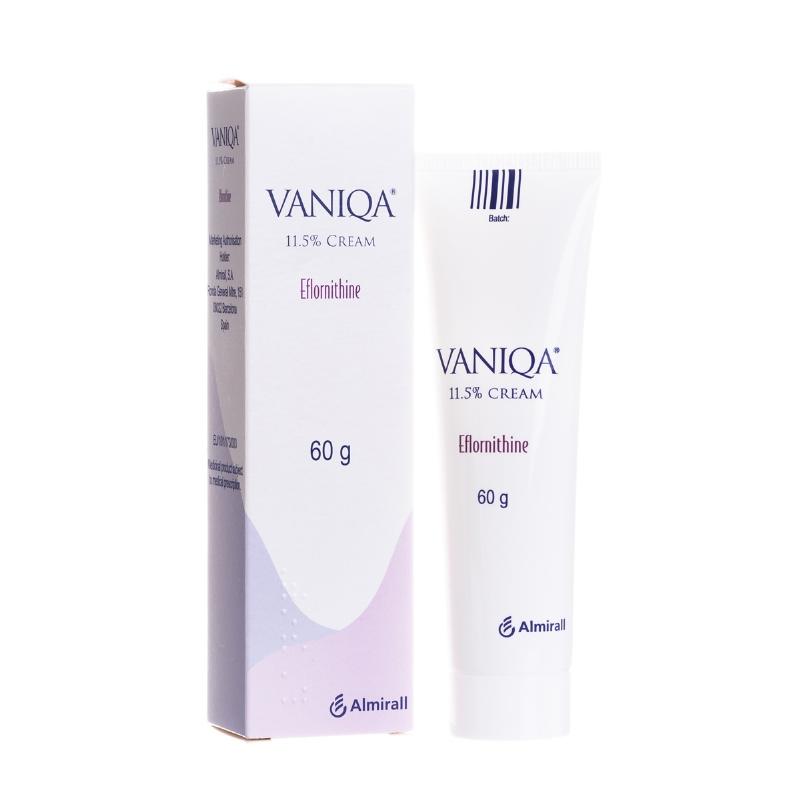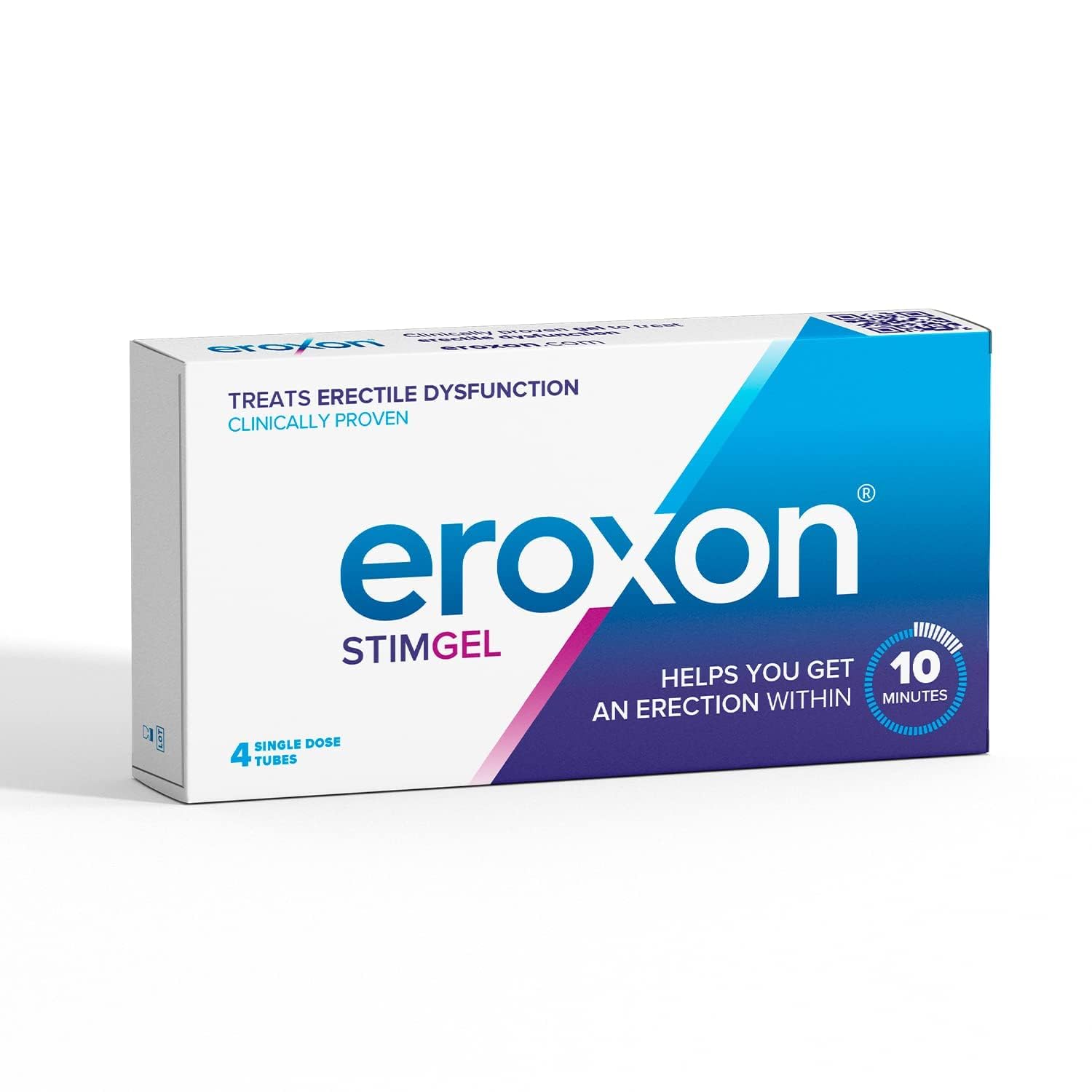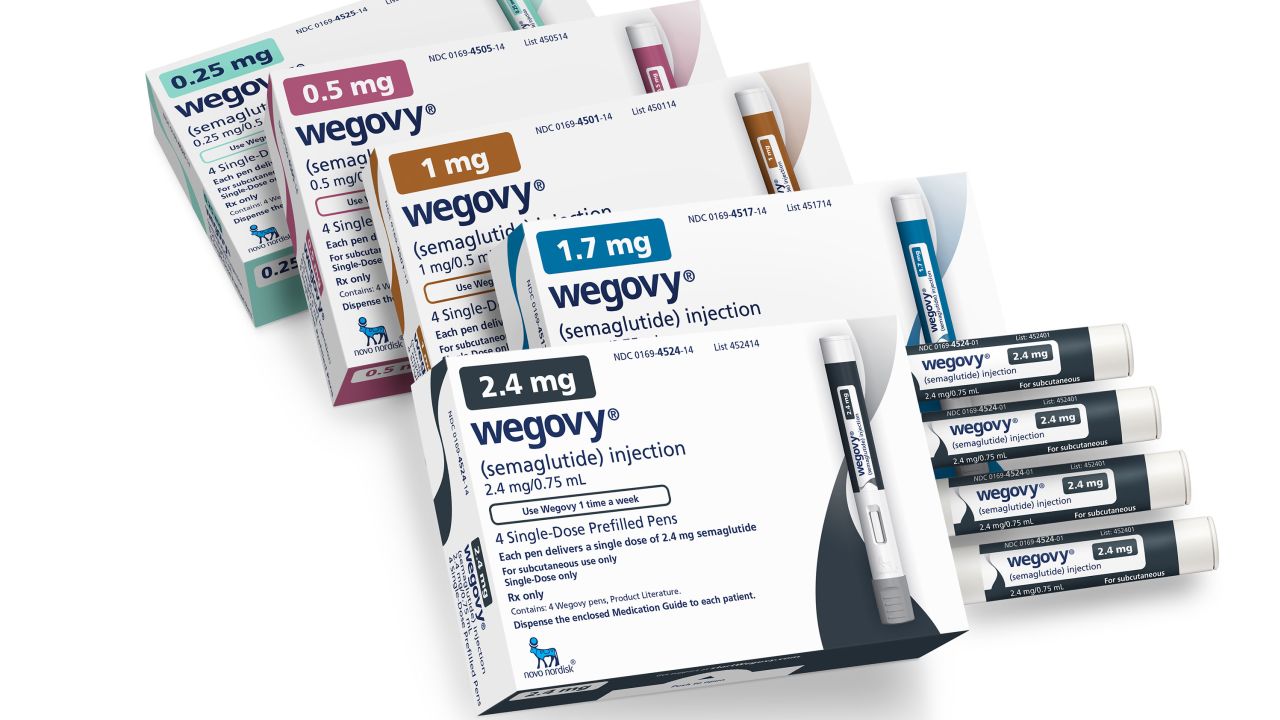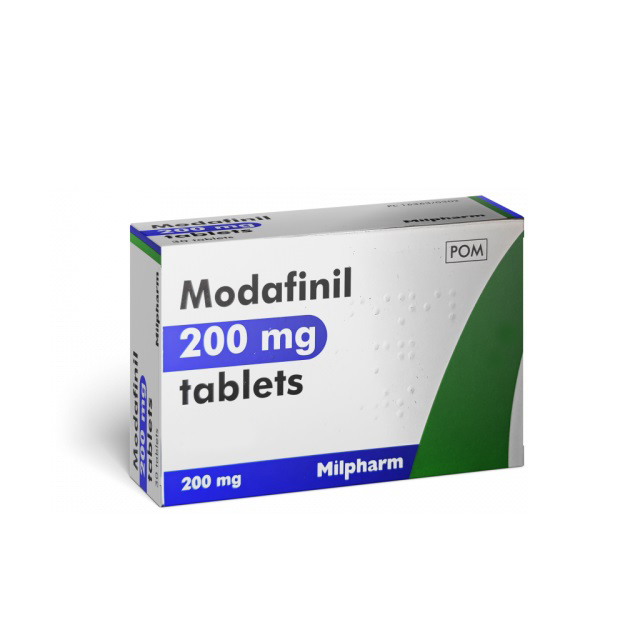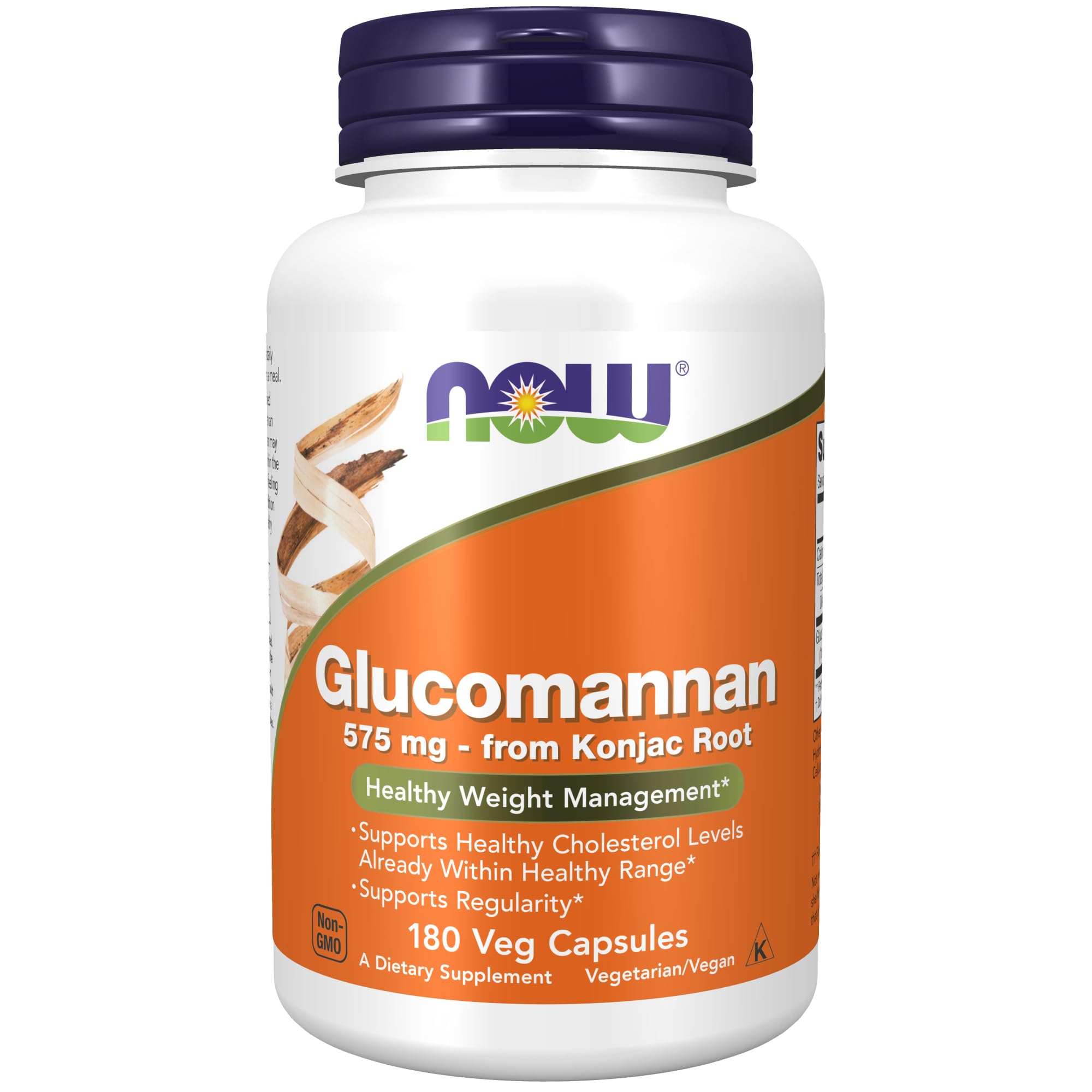No products in the cart.
High Blood Pressure, Prescription Medication
Atenolol Tablets
₵
-
 Get 10% discount on your next order. Order now to qualify.
Get 10% discount on your next order. Order now to qualify.
-
 Get 20% cashback on apple app store. Use code P056
Get 20% cashback on apple app store. Use code P056
DELIVERY & RETURNS
Free shipping offer on Pilldoctor and get exclusive offers.
Location
-

Door Delivery Fastest delivery to the door for only 2 days. Don't miss exclusive offer.
-

Pickup Station Fastest delivery to the door for only 2 days. Don't miss exclusive offer.
-

Return Policy Fastest delivery to the door for only 2 days. Don't miss exclusive offer.
Description
Atenolol is used with or without other medications to treat high blood pressure (hypertension). Lowering high blood pressure helps prevent strokes, heart attacks, and kidney problems. This medication is also used to treat chest pain (angina) and to improve survival after a heart attack.
Atenolol belongs to a class of drugs known as beta blockers. It works by blocking the action of certain natural chemicals in your body, such as epinephrine, on the heart and blood vessels. This effect lowers the heart rate, blood pressure, and strain on the heart.
How to use Atenolol
Take this medication by mouth with or without food as directed by your doctor, usually 1 to 2 times daily.
Apple juice and orange juice may prevent your body from fully absorbing atenolol. It is best to avoid drinking apple/orange juice within 4 hours of taking atenolol, unless your doctor or our pharmacist tells you otherwise.
The dosage is based on your medical condition and response to treatment.
Use this medication regularly in order to get the most benefit from it. To help you remember, take it at the same time(s) each day. Keep taking this medication even if you feel well. Most people with high blood pressure do not feel sick.
If this product is used for chest pain, it must be taken regularly to be effective. It should not be used to treat chest pain when it occurs. Use other medications (such as nitroglycerin placed under the tongue) to relieve chest pain as directed by your doctor.
It may take 1 to 2 weeks before you get the full benefit of this medication. Tell your doctor if your condition does not improve or if it worsens (for example, if your blood pressure readings remain high or increase, if your chest pain occurs more often).
Side Effects
Dizziness, lightheadedness, tiredness, and nausea may occur. If any of these effects persist or worsen, tell your doctor or our pharmacist promptly.
To reduce the risk of dizziness and lightheadedness, get up slowly when rising from a sitting or lying position.
This drug may reduce blood flow to your hands and feet, causing them to feel cold. Smoking may worsen this effect. Dress warmly and avoid tobacco use.
Remember that your doctor has prescribed this medication because he or she has judged that the benefit to you is greater than the risk of side effects. Many people using this medication do not have serious side effects.
Tell your doctor right away if you have any serious side effects, including: new or worsening symptoms of heart failure (such as shortness of breath, swelling ankles/feet, unusual tiredness, unusual/sudden weight gain), very slow heartbeat, severe dizziness, fainting, trouble breathing, blue fingers/toes, mental/mood changes (such as confusion, mood swings, depression).
A very serious allergic reaction to this drug is rare. However, get medical help right away if you notice any of the following symptoms of a serious allergic reaction: rash, itching/swelling (especially of the face/tongue/throat), severe dizziness, trouble breathing.
This is not a complete list of possible side effects. If you notice other effects not listed above, contact your doctor or our pharmacist.
Precautions
Before taking atenolol, tell your doctor or our pharmacist if you are allergic to it; or if you have any other allergies. This product may contain inactive ingredients, which can cause allergic reactions or other problems. Talk to your pharmacist for more details.
Before using this medication, tell your doctor or our pharmacist your medical history, especially of: certain types of heart rhythm problems (such as slow heartbeat, second- or third-degree atrioventricular block), breathing problems (such as asthma, chronic bronchitis, emphysema), blood circulation problems (such as Raynaud’s disease, peripheral vascular disease), kidney disease, heart failure, serious allergic reactions including those needing treatment with epinephrine, a certain muscle disease (myasthenia gravis).
This drug may make you dizzy. Alcohol or marijuana (cannabis) can make you more dizzy. Do not drive, use machinery, or do anything that needs alertness until you can do it safely. Limit alcoholic beverages. Talk to your doctor if you are using marijuana (cannabis).
Before having surgery, tell your doctor or dentist about all the products you use (including prescription drugs, nonprescription drugs, and herbal products).
If you have diabetes, this product may mask the fast/pounding heartbeat you would usually feel when your blood sugar falls too low (hypoglycemia). Other symptoms of low blood sugar, such as dizziness and sweating, are unaffected by this drug. This product may also make it harder to control your blood sugar. Check your blood sugar regularly as directed and share the results with your doctor. Tell your doctor right away if you have symptoms of high blood sugar such as increased thirst/urination. Your doctor may need to adjust your diabetes medication, exercise program, or diet.
Children may be at greater risk for low blood sugar (hypoglycemia), especially if they are vomiting or not eating regularly. To help prevent low blood sugar, feed children on a regular schedule. If your child cannot eat regularly, is vomiting, or has symptoms of low blood sugar (such as sweating, seizures), stop this medication and tell the doctor right away.
Tell your doctor if you are pregnant or plan to become pregnant. You should not become pregnant while you are using this medication. Atenolol may harm an unborn baby. If you become pregnant while using this medication, talk to your doctor right away about its risks and benefits.
This medication passes into breast milk and may have undesirable effects on a nursing infant. Consult your doctor before breast-feeding.
Interactions
Drug interactions may change how your medications work or increase your risk for serious side effects. This document does not contain all possible drug interactions. Keep a list of all the products you use (including prescription/nonprescription drugs and herbal products) and share it with your doctor and our pharmacist. Do not start, stop, or change the dosage of any medicines without your doctor’s approval.
Some products that may interact with this drug include: dolasetron, fingolimod.
Some products have ingredients that could raise your heart rate or blood pressure or worsen your heart failure. Tell our pharmacist what products you are using, and ask how to use them safely (especially cough-and-cold products, diet aids, or NSAIDs such as ibuprofen/naproxen).
Overdose
If someone has overdosed and has serious symptoms such as passing out or trouble breathing, call 112. Otherwise, call pill doctor pharmacy Ghana right away at +233267000104.
Symptoms of overdose may include: very slow heartbeat, severe dizziness, severe weakness, fainting, trouble breathing.
Notes
Do not share this medication with others.
Lifestyle changes such as stress reduction programs, exercise and dietary changes may increase the effectiveness of this medicine. Talk to your doctor or our pharmacist about lifestyle changes that might benefit you.
Check your blood pressure and pulse (heart rate) regularly while taking this medication. Learn how to monitor your own blood pressure and pulse at home, and share the results with your doctor.
Missed Dose
If you miss a dose, take it as soon as you remember. If it is near the time of the next dose, skip the missed dose. Take your next dose at the regular time. Do not double the dose to catch up.
Storage
Store at room temperature away from light and moisture. Do not store in the bathroom. Keep all medications away from children and pets.
Do not flush medications down the toilet or pour them into a drain unless instructed to do so. Properly discard this product when it is expired or no longer needed. Consult our pharmacist.
Product Ratings
Highest Ratings
There are no reviews yet.
Rate

